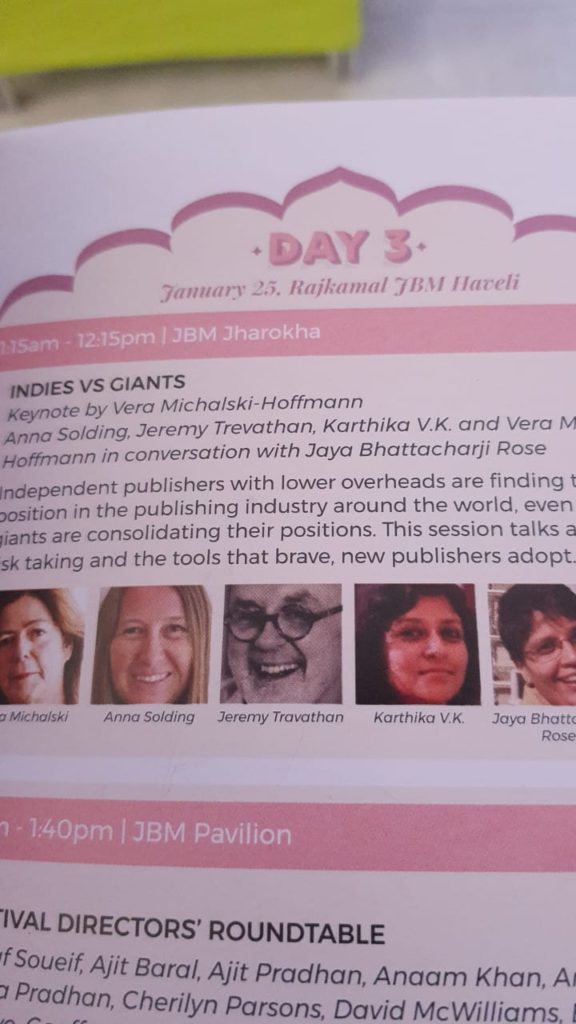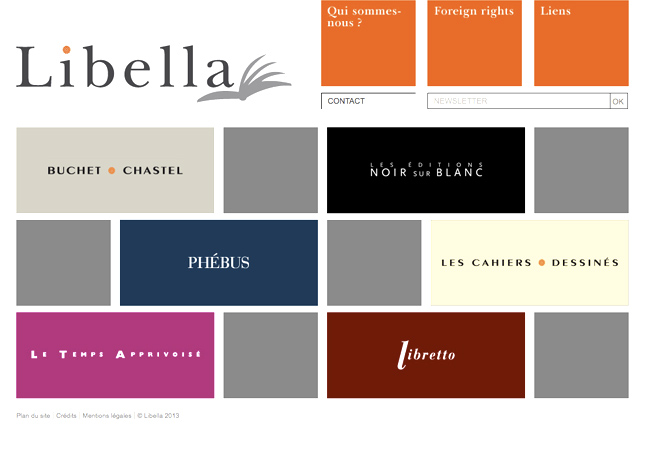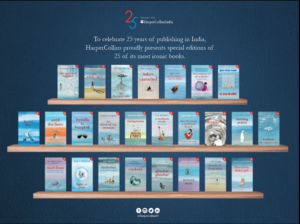Aravind Adiga “Amnesty”
A man without rights in this world is still entitled to love.
Award-winning author Aravind Adiga’s Amnesty is set in Sydney, Australia. It tells the story of an illegal immigrant, Dhananjaya Rajaratnam aka “Danny”, who came on a student visa four years earlier but stayed on. Now he earns a living as a cleaner. The action of the novel takes place in less than a day after he realises that one of his former clients, Radha Thomas, has been murdered in her apartment. He is in a pother wondering what to do. He had been on pretty good terms with Radha and knew her secrets quite well such as her long time affair with fellow-gambler, Dr. Prakash. In fact Danny has often accompanied the two on their gambling sprees but only as a companion. Danny was not a gambler. He was also a teetotaller. Two facts about their Cleaner that mystified Radha and Prakash and yet they invited him along.
Amnesty is about Danny in a fix. He is an illegal immigrant in Australia. A fact that many, even his girlfriend, are clueless about. But Danny has learned to survive in Sydney. His predicament on the day Radha Thomas is murdered stems from his quandary about telling the police about Radha and Prakash and coming to terms with the inevitable repurcussions of revealing his presence in the country. It is a horrendous situation to be in as he left Sri Lanka for better pastures given the civil strife. He is also ridden with guilt as his father had managed to collect the handsome sum of over $11,000 Australian dollars to pay for Danny’s education except that Danny chose to stay on as an illegal immigrant. There is so much rushing through Danny’s mind while living in the present. Having occupied this grey area of Australian society where he is visible and yet invisible enables him to observe much more than he lets on or will ever tell. As an immigrant of South Asian origin he is able to witness the incredibly well-defined social structures of society where the whites dominate and is evident in the layout of Sydney’s neighbourhoods. Given his profession as a cleaner, Danny is able to flit in and out of homes, even in the poshest neighbourhoods, and gets a sense of how much variation there is in the quality of living amongst different sections of society. It also fuels his aspirations of being a legal permanent Australian resident rather than return to Sri Lanka. The very thought of returning home is a depressing thought.
In Amnesty the first person narrative is delivered most often as short monologues. At first it is a fascinating literary technique to employ as it helps plunge the reader immediately into a very personal space — Danny’s mind. But with every passing minute it begins to rattle the reader as this flood of memories intermingled with the rapidly unfurling events of the day, is a heady emotional cocktail for it is relentless, unnerving, disconcerting and suffocating. It is as if Danny has neatly co-opted the reader into his quandary. It is disturbing for this is a situation unique to Danny and Danny alone. Unlike with literary fiction where much of the reading experience is completed by the reader’s engagement with the story, here it is a terrifying space to inhabit where the reader is privy to Danny’s every thought and action. Helpless in being unable to guide Danny is an unpleasant prospect for the reader but it is nothing compared to what Danny is undergoing where his internal moral compass strongly suggests he needs to reveal all that he knows to the police but it will inevitably mean deportation to him. It is this fickleness of life and to a certain degree what he construes as unfair that keeps him unsure about how to proceed. Amnesty stems from the Greek word, Amnesia, which is also a play on Danny’s convenient forgetfulness about the visa he used to enter Australia. Yet this one day is critical in his life for it unravels his grit and determination to stay on in the country as he battles his inner self for figuring out what is the right thing to do — share the information he has about the crime committed or not. Ironically it is an amnesty he strikes with himself before taking the decision he makes.
In a sense Amnesty can be construed as a literary recreation of the Stockholm Syndrome which is a psychological response of the captive to align with their captor during captivity. Danny is the illegal immigrant who fears deportation to Batticaloa, the distress in the homeland in his mind is far worse than skulking as a persona non grata in Sydney. The “captivity” of being an illegal alien in a foreign land is infinitely preferable to home. In fact Danny is constantly assessing people by their legal right to live in this city. But he is gripped with worry when confronted with the murder of Radha Thomas. And the drama plays out slowly like a Greek tragedy in the classical one day cycle to figure out what Danny will do. It is very much a modern novel with its global theme of the status of migrants. Literature is able to say much more bluntly that journalists are unable to do or are choosing not to do. Fiction is able to take deep dives into the personal and give a face to the tragedy. Migration stories in journalism present a story that can then be used to influence or change government policies. Literature like Adiga’s Amnesty, Kamila Shamsie’s Home Fire, Mohsin Hamid’s Exit West keep such uncomfortable conversations alive. They are relevant. They are also an assertion by the South Asian diaspora to use their position in the global literary landscape to be heard.
Adiga seems to subvert the Australian literary fiction canon which is very focussed upon its preoccupations by preferring to show the subaltern’s view of Sydney society — a perspective that is Adiga’s literary trademark. In this case, it is the perspective of the South Asian immigrant trying to find a foothold in Australian society while navigating all the tricky socio-economic spaces. Adiga gives a voice to the minority that is not easily visible in mainstream Australian literature; not to say that literature by the diaspora is not making waves in Australia. It is. There are moments in the novel that may alienate the reader for its minute description of Sydney’s streets. Detailing the local landscape does make the head spin but it also helps in aligning oneself with the confusion that must be prevailing in Danny’s mind. Definitely not easy to read but by having a writer of Adiga’s calibre and literary clout speak of these daily preoccupations in his latest novel will most certainly impact contemporary Australian literature. Wait and see.
7 March 2020






